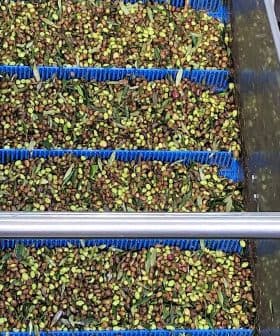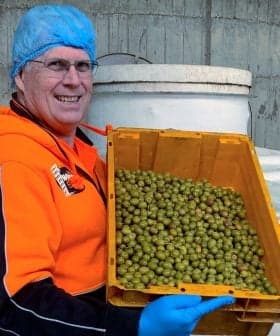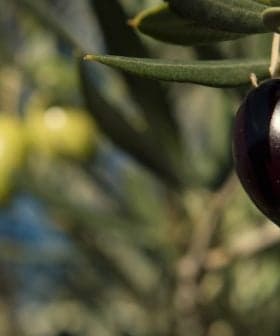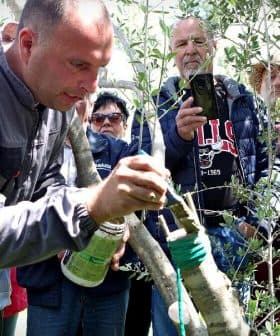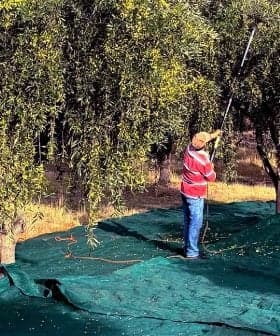Oxitec's Australian Medfly Trials Proceed
Despite delays, British Biotech Company Oxitec is still confident that their genetically modified strain of olive flies will reach further trial stages, but there's a long way to go before growers can access these insects to their advantage.
 Oxitec
OxitecDespite withdrawing their application for a cage study of the Olive fly in Spain in 2014, Oxitec is still hopeful about the potential of the OX3097D strain of genetically-modified olive flies for population control. The company plans to submit a new application in the future as they continue to develop promising candidate strains for olive fly suppression, with the OX3097D strain already deemed safe for the environment and harmless to other insect life.
Despite withdrawing their application to conduct a nettled trial cage study of the Olive fly in Spain in 2014, English Biotech Company Oxitec says that the OX3097D strain of population suppressing, genetically-modified olive flies should not be counted out just yet.
The population control program works by releasing specially marked male olive flies into the wild. These flies have been rendered sterile due to a “self-limiting.” These males breed with female flies in the wild, creating a population that gradually decreases due to an inability to reproduce or produce healthy offspring.
In 2014, Olive Oil Times covered Oxitec’s initial application, revealing that the company still hoped that the first field trial of the OX3097D olive fly would go ahead in Catalonia, despite having withdrawn their application for a netted trial.
When reached for an update, Oxitec explained that in 2015, a review of all product candidates was undertaken regarding the olive fly pest suppression program, and it was determined that refocusing on new promising candidate strains would ultimately provide olive producers with the best solution the company could offer. Oxitec said it intends to submit another application in the future as new product candidates are developed.
The OX3097D strain has already undergone extensive testing regarding its environmental health and safety for animals and humans, with no areas of concern identified, the company said. As the biological and non-toxic suppression program is specific to the species of olive flies in question, it also has no impact on other useful insect life and is harmless if consumed.
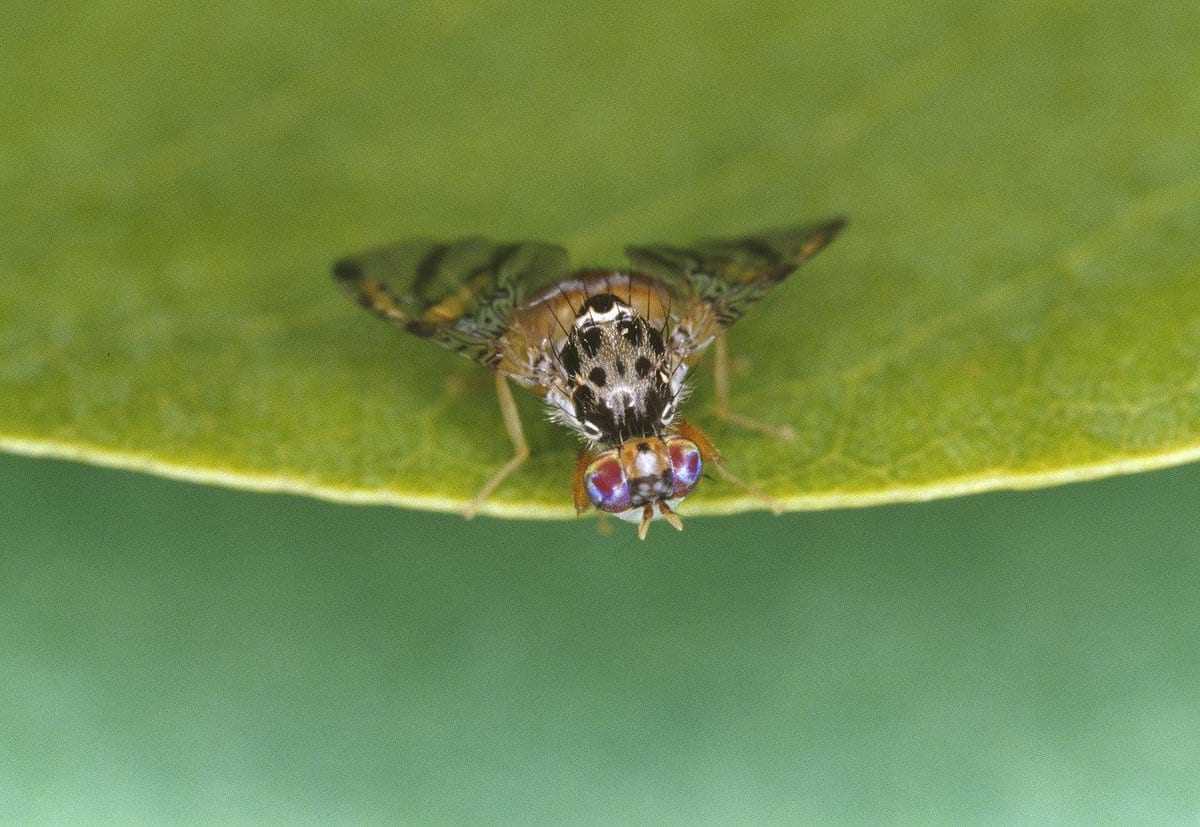
The population controlling effect of the program is also limited to flies in a specific geographical area, as olive flies do not travel great distances in their lifetimes. This makes it a highly controllable, irradiation free and an effective way of reducing the population of olive flies in a specific olive grove or farm.
In order for the of the OX3097D strain of olive fly to reach a commercial stage, it would still need to be studied in an enclosure and under strictly regulated conditions. Conducting research trials in this way is significantly expensive and can only occur in a very narrow time frame due to the reproductive life cycle of the wild olive fly.
In the meantime, Oxitec is proceeding with the trial of another one of its modified insects, the Mediterranean fruit fly, or Medfly. This self-limiting strain of the fly that is a known agricultural pest uses the same technology used in the OX3097D. It is ready to be trialed in the wild in Western Australia and, should the trial prove successful, the next step will be gaining the approval of Australia’s Office of the Gene Technology Regulator.
It also seems that cost and public perception of genetically modified insects might have a part to play in the eventual success of the Oxitec olive fly as similar efforts in the USA and Asia have been vetoed for these reasons, but only time will tell.



